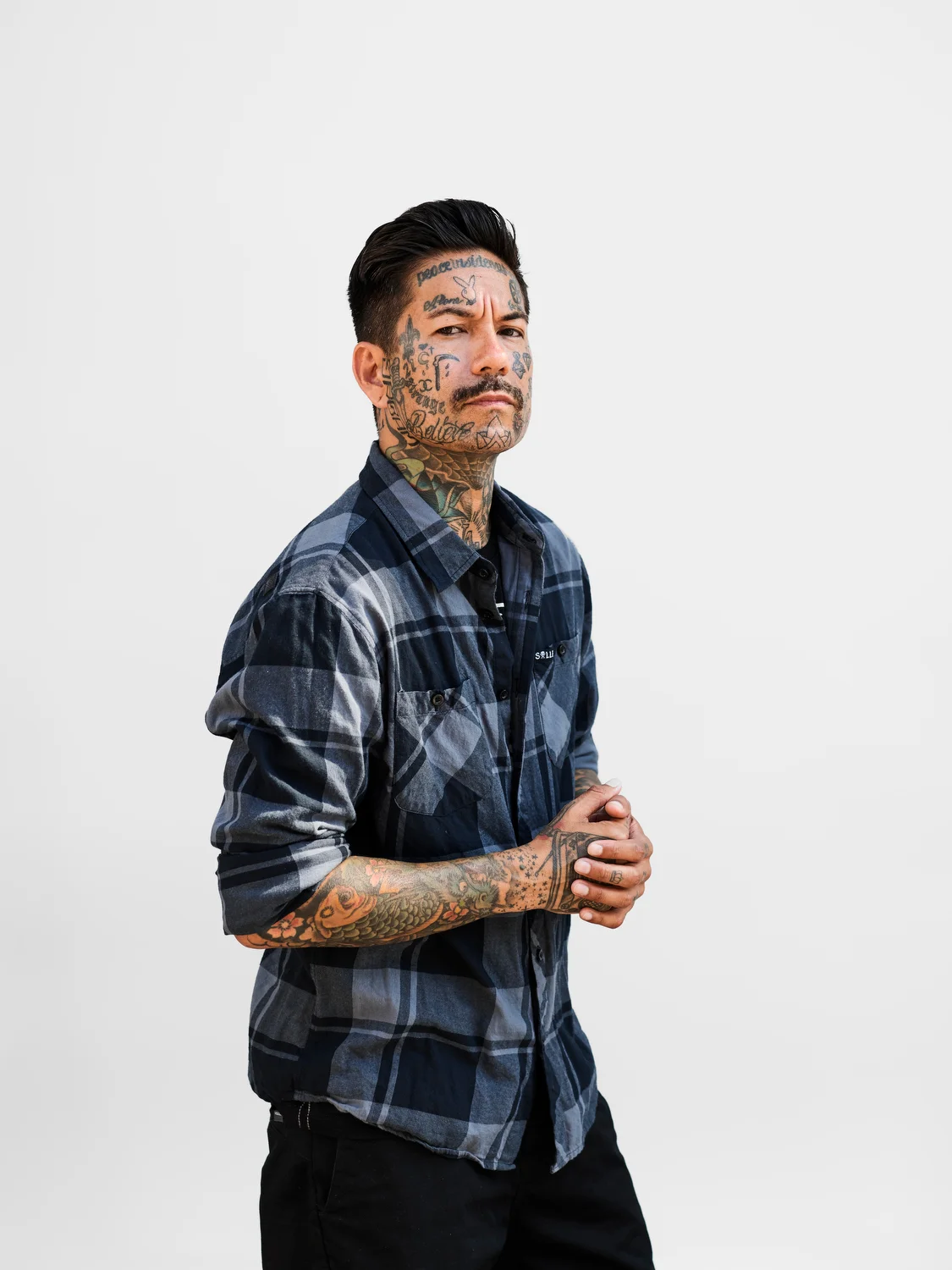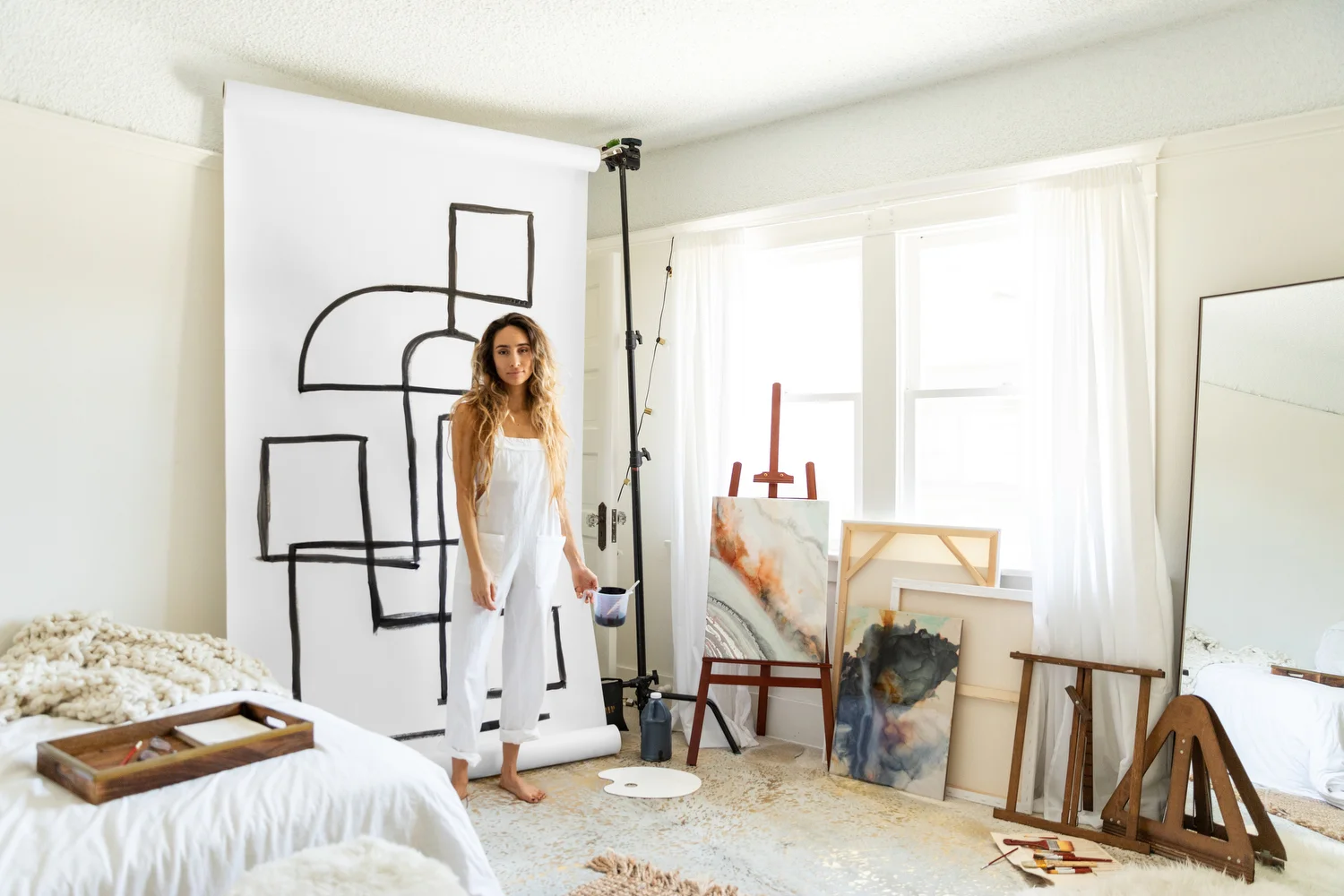The Stereotypes Project is a multi-year personal exploration pointedly examining the stereotypes we place on each other, how they affect us, and their internal and external social ramifications. The goal is simple. Let’s listen more, judge less, and move beyond stereotypes.
Not all stereotypes are equivalent; many have institutional forces behind them that cause far-reaching and powerful negative consequences. I approached this project as a conversation, where I am the listener, attempting to let people speak in their own voice. While I attempt to listen and present without judgment, do not let the evenhandedness of my listening create a false equivalence between stereotypes. The time is long overdue to aggressively address the structural and power inequities that make many of the negative stereotypes shared here so harmful. We must recognize that empathy alone doesn’t lead to social change.
This project is not the end, or even the beginning of the story. It began just prior to the 2016 election when I noticed myself stereotyping people who I disagreed with politically. I found the discourse in our country reaching a new level of vitriol coupled with a massive lack of understanding and increasing polarization. I reached out to friends for introductions, and posted Craigslist ads asking to photograph and film a diverse range of people in Texas, California, Virginia, New York, and Washington, D.C.
The response has been incredible and while it sometimes feels like there is only animosity, everyone I spoke with had fantastic insights into how stereotypes often blind us to people’s characters, beliefs and intentions. They also shared ideas for how we may reconcile our differences and progress as a nation.
The Stereotypes Project first asks audiences to judge each subject based solely on their face, then with the added context of their clothing and body image, and finally, in their environment. And remember, not all stereotypes are equivalent. After hearing the stories, recognizing which stereotypes create more real-life impacts and actively working to correct those first is one place to start.
Think about your stereotypes of the people below.
Then click on each video to turn the sound on and hear their stories.
The world views me as a threat because anyone who threatens the status quo, ask questions, tells the stories of those who are unheard, or who have been silenced historically, threatens the idea of oppression continuing. I'm a freedom fighter and that's scary to a lot of people.
BLAIR - New york, NY
Our culture and our generation is, to me, one of the most accepting and forward thinking and we're in a time where we want to learn more about people. Are you willing to change so that we can eliminate stereotypes?
Harper - Houston, TX
I thought that we had evolved as a nation, but every time we think we’re evolving, we get knocked right back down by stereotypes.
sonya - irvine, ca
I’m bisexual, always been. When I was a kid I looked like a little girl. I was judged.
Rusty - Hollywood, CA
The biggest experience of my life that made me who I am right now was my time in Afghanistan with my best friend and my squad leader, Joe Wrightsman, and him passing away… It personally affected me because it taught me that nothing is promised and to treat the people just better.
SCOTT - Playa Vista, CA
If I were president, I would, instead of trying to block people out, I would celebrate the fact that the United States is this melting pot, is this wonderfully, vibrantly cultural place.
Kim Rose - eL MONTE, CA
The above image shows me photographing US Customs and Border Patrol Agent Joe Romero at the site where the border wall was being constructed in El Paso, Texas. I think stereotypes are hurting all of us. This project seeks to foster discussion in all directions. I want to hear your story.
Thank you,
MARK LEIBOWITZ
Mark would like to thank these incredible collaborators:
Project Strategy: Jeremy Shih | Editing: Greg Tuzin | Retouching: Christine Hilberg | Design: Joseph Gilbert




















